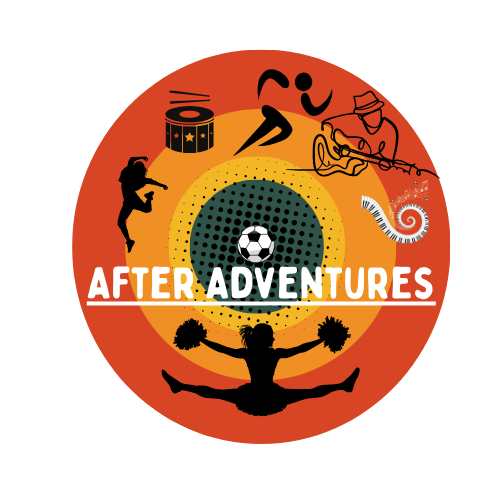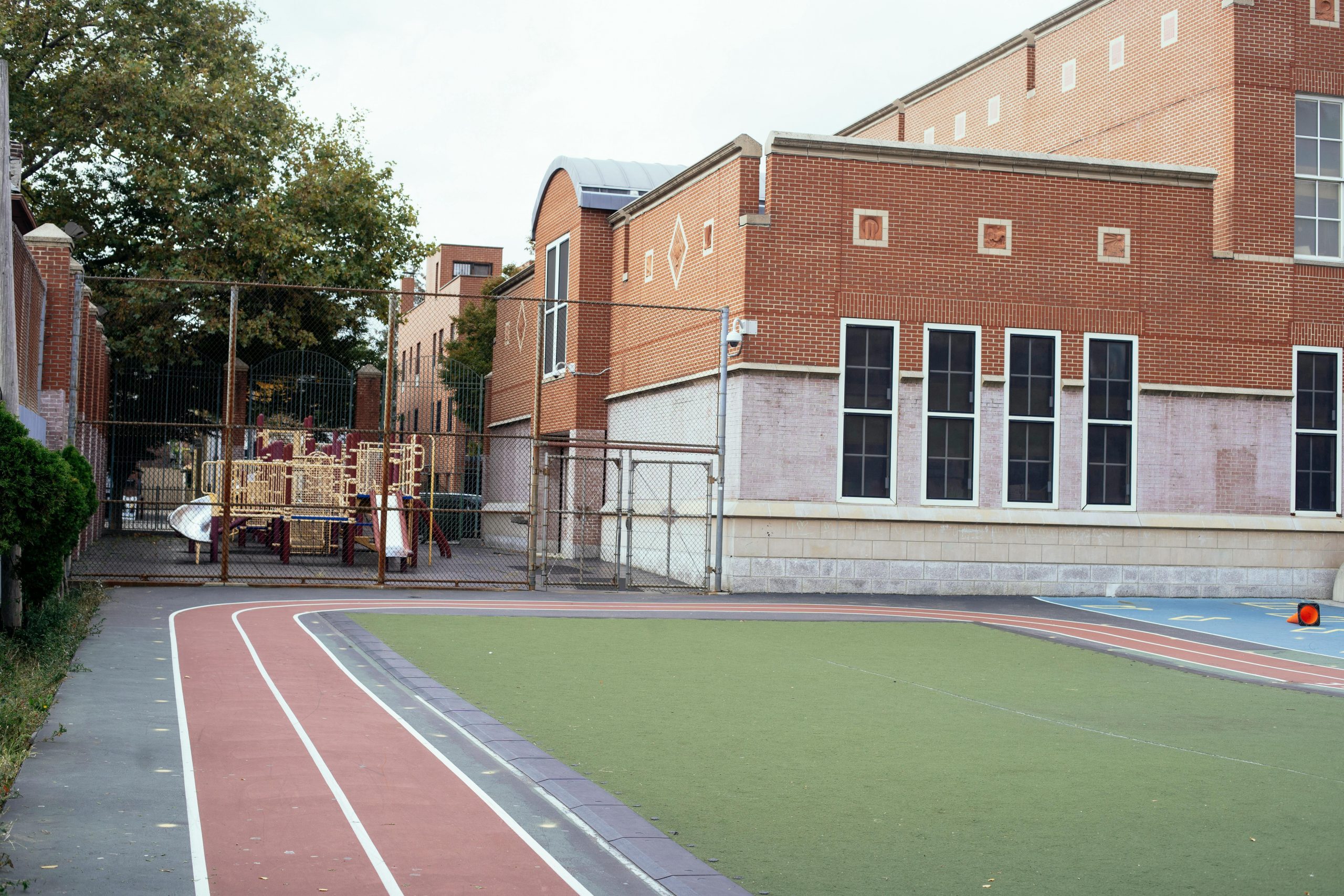In today’s educational landscape, the importance of physical education is increasingly recognized as essential for the holistic development of primary children. Multisports programs offer a dynamic approach to physical activity that not only engages children but also aligns closely with the current UK National Curriculum. Here’s how multisports can support the development of primary students across various key areas.
1. Physical Development and Skills Acquisition
The UK National Curriculum emphasizes the need for children to develop a range of physical skills. Multisports programs provide opportunities for children to:
- Enhance Motor Skills: Engaging in various sports helps children refine their gross and fine motor skills, which are critical during their formative years.
- Build Confidence in Movement: Trying different sports allows children to discover their strengths and interests, boosting their confidence as they learn new skills.
2. Promoting Teamwork and Social Skills
One of the key components of the National Curriculum is fostering social development. Multisports programs encourage:
- Collaboration: Team sports teach children the importance of working together towards a common goal, enhancing their ability to cooperate and communicate effectively.
- Respect and Inclusion: Exposure to diverse sports promotes an understanding of different cultures and backgrounds, encouraging respect and inclusivity among peers.
3. Emotional Well-Being and Resilience
Participating in multisports has significant emotional benefits that align with the curriculum’s focus on mental health:
- Stress Relief: Physical activity is a proven way to reduce stress and anxiety, providing children with a healthy outlet for their emotions.
- Developing Resilience: Sports often involve challenges and setbacks, teaching children how to cope with failure and develop a growth mindset.
4. Understanding Health and Fitness
The National Curriculum emphasizes the importance of health education. Multisports programs can help children:
- Learn About Healthy Lifestyles: Through participation in various sports, children gain an understanding of the benefits of physical activity and healthy eating.
- Encourage Lifelong Fitness Habits: By exploring different sports, children are more likely to find activities they enjoy, fostering a love for exercise that can last a lifetime.
5. Cognitive Development
Engaging in multisports also contributes to cognitive development, aligning with the curriculum’s goal of fostering critical thinking and problem-solving skills:
- Strategic Thinking: Many sports require children to think on their feet, make quick decisions, and adapt to changing situations, enhancing their cognitive abilities.
- Setting Goals: Learning to set and achieve goals in sports can translate into academic settings, encouraging children to strive for success in all areas of their lives.
6. Curriculum Integration
Multisports programs can seamlessly integrate with various subjects within the National Curriculum, reinforcing learning in a fun and engaging way:
- Math and Measurement: Measuring distances, times, and scores in sports can enhance children’s understanding of mathematical concepts.
- Science and Health: Discussions about the human body, exercise, and nutrition can be tied into sports activities, making science relevant and relatable.
Conclusion: A Holistic Approach to Development
Multisports programs provide primary children with a well-rounded approach to physical education that supports the key aims of the UK National Curriculum. By fostering physical, social, emotional, and cognitive development, these programs create a foundation for lifelong learning and healthy living.
At After Adventures Ltd., we are committed to delivering multisports programs that align with educational standards while promoting the overall well-being of children. For more information on how our programs can benefit your school or community, please contact us at info@afteradventures.co.uk Together, we can help primary children thrive both in sports and in life!

